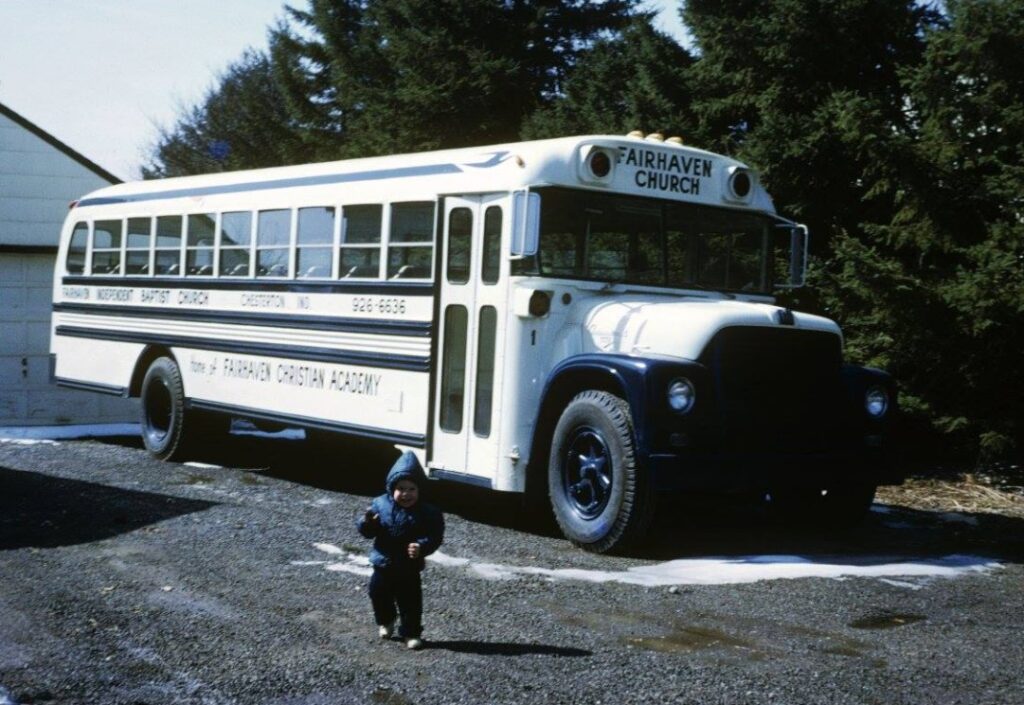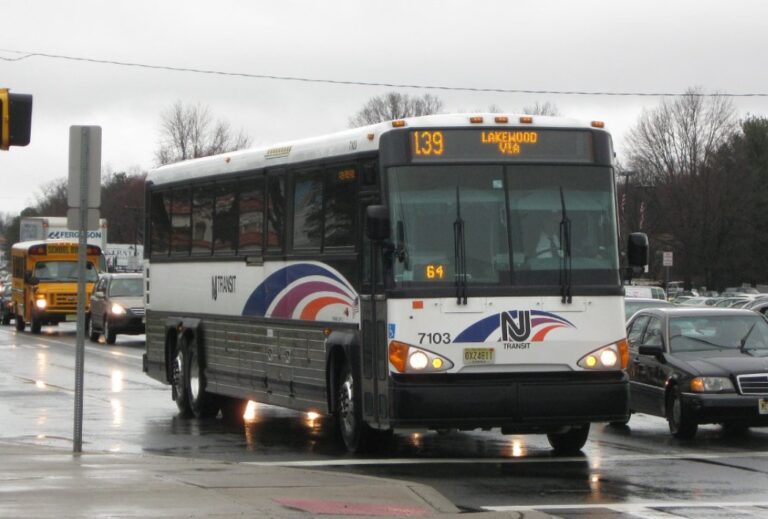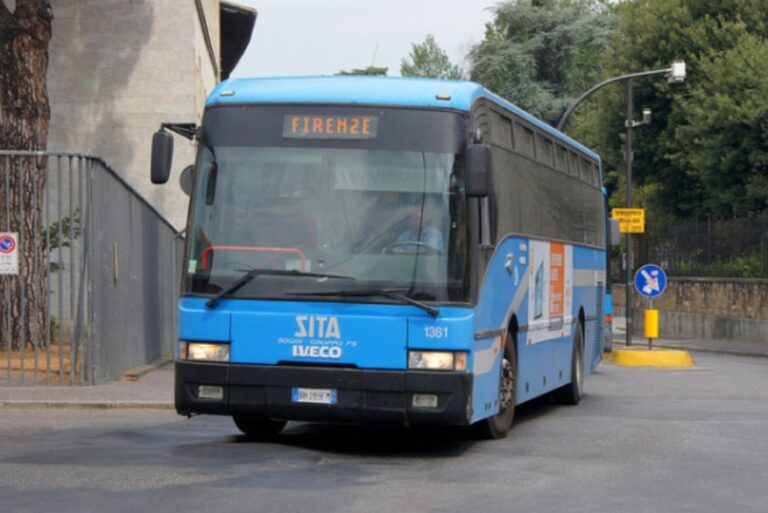Do You Need A Special License To Drive A Church Bus?
When it comes to operating a church bus, a question frequently arises: Do You Need A Special License To Drive A Church Bus? It’s vital to address this concern, as it ensures both legal compliance and the safety of passengers. Understanding the requirements can be crucial for church groups and individuals responsible for transportation.
Key Takeaways
- Special License Requirements: Depending on bus size and state laws, a special license may be required.
- CDL Requirements: For larger buses, a Commercial Driver’s License (CDL) is often necessary.
- State Variations: Licensing requirements can vary significantly from state to state.
- Safety Training: Beyond licensing, safety training is highly recommended for all church bus drivers.
- Insurance Implications: The type of license can impact insurance policies and coverage.
Do You Need A Special License To Drive A Church Bus?
In short, the necessity of a special license to drive a church bus hinges on several factors. The most crucial elements include the bus size and the specific state regulations where the bus is operated. Typically, a Commercial Driver’s License (CDL) is required for larger buses.

Bus Size and CDL Requirements
For buses that can carry 16 or more passengers, including the driver, a CDL is usually mandatory. This regulation is consistent across many states. However, if the church bus is smaller and accommodates fewer passengers, the licensing requirements may be less stringent.
State-Specific Regulations
Each state in the U.S. has its own set of rules and regulations governing the operation of church buses. For example, some states might require a CDL for any church bus, while others may have more relaxed requirements for smaller buses.
Understanding Commercial Driver’s License (CDL)
A Commercial Driver’s License is designed to ensure that drivers meet certain standards of expertise and safety. There are different classes of CDLs, each authorizing the operation of different vehicle types, including buses.
CDL Classes
- Class A: For towing vehicles with a combined weight exceeding 26,001 pounds.
- Class B: For single vehicles weighing over 26,001 pounds (this includes most large church buses).
- Class C: For vehicles designed to transport 16 or more passengers, including the driver.
CDL Requirements and Training
Obtaining a CDL involves passing written and practical tests. Additionally, specialized training for bus drivers is often required, which includes passenger safety and emergency response.
Safety Training and Certification
While having the appropriate license is critical, safety training for church bus drivers is equally important. This training focuses on passenger safety, emergency procedures, and vehicle maintenance.
Importance of Safety Training
Safety training ensures that drivers are prepared for a range of scenarios, including emergency evacuations and first aid response. It also teaches drivers about regular vehicle maintenance checks to ensure the bus is always in safe operating condition.
Certification Programs
Many organizations offer safety training and certification programs for church bus drivers. These programs are designed to enhance driving skills and safety awareness.
Insurance Considerations
The type of license a church bus driver holds can directly impact insurance policies. Ensuring the driver has the correct license is crucial for valid insurance coverage.

Impact on Insurance Policies
Insurance companies may require proof of an appropriate driver’s license, especially for larger buses. Failure to provide this can lead to increased premiums or denial of coverage.
Regular Driver Audits
Church organizations should regularly audit their driver’s licenses and training certifications to ensure compliance with insurance requirements.
State and Federal Compliance
Compliance with state and federal regulations is essential when operating a church bus. This includes adhering to licensing requirements, vehicle inspections, and passenger safety laws.
State Regulations
Each state has specific laws regarding church buses, which may include special endorsements on a driver’s license or additional safety requirements.
Federal Oversight
At the federal level, the Department of Transportation and FMCSA provide guidelines and regulations for operating commercial vehicles, including church buses.
Is A School Or Church Bus Driver Required To Obtain A CDL?
In the United States, school and church bus drivers are typically required to obtain a Commercial Driver’s License (CDL). This requirement is mandated due to the nature and size of the vehicle, as well as the responsibility of transporting multiple passengers.

CDL Requirements for School and Church Bus Drivers
- Size Matters: If the bus is designed to carry 16 or more passengers, including the driver, a CDL is usually necessary.
- Endorsements: Drivers often need specific endorsements on their CDL. For school buses, an “S” (School Bus) endorsement is required, and for church buses, a “P” (Passenger) endorsement might be necessary.
- State-Specific Regulations: Each state has its own set of regulations. While federal guidelines provide a basic framework, states may have additional requirements.
Do You Need A Special License To Drive A Bus In America?
Driving a bus in America generally requires a special license, primarily a Commercial Driver’s License (CDL). This is due to the vehicle’s size and the number of passengers it can transport.

Types of Licenses for Bus Driving in America
- Class B CDL: Most bus drivers, including those for city transit and tour buses, require a Class B CDL.
- Endorsements: Besides the CDL, specific endorsements like the “P” (Passenger) endorsement are necessary.
- State-Specific Variations: License requirements can vary, so it’s essential to check with the local Department of Motor Vehicles (DMV) for precise regulations.
Do You Need A Special License To Drive A Bus In UK?
In the United Kingdom, driving a bus requires a special license known as the Passenger Carrying Vehicle (PCV) license. This requirement aligns with the safety and skill set needed to operate a larger passenger vehicle.
PCV License Requirements in the UK
- Category D License: For driving a standard bus or coach, a Category D license is required.
- Professional Competence: Drivers also need to pass the Driver Certificate of Professional Competence (CPC) test.
- Age and Health Requirements: Minimum age limits apply, and drivers must meet specific medical standards.
Conclusion
In conclusion, whether you need a special license to drive a church bus largely depends on the bus size and state regulations. It’s essential to be knowledgeable about CDL requirements, state-specific laws, safety training, and insurance implications.
Ensuring compliance with these aspects not only promotes legal adherence but also guarantees the safety of all passengers. Church organizations must prioritize understanding and meeting these requirements to facilitate safe and lawful transportation for their communities.
People Also Ask
Does driving a church bus require any additional insurance coverage?
Churches should have a comprehensive insurance policy that covers their vehicle and driver. This policy should specifically include liability coverage for transporting passengers.
What legal responsibilities do church bus drivers have?
Church bus drivers are responsible for the safety of their passengers, adhering to all traffic laws, maintaining their licenses and endorsements, and ensuring the bus is in good operating condition.
Are there specific medical requirements for church bus drivers?
Yes, CDL holders, including church bus drivers, must pass a medical exam every two years to ensure they meet the physical requirements necessary for safe driving.
What kind of training is recommended for church bus drivers?
Apart from the required licensing, it’s recommended that church bus drivers undergo safety training, which includes passenger safety, emergency response procedures, and basic vehicle maintenance.

Welcome to the exhilarating world of Matt Rex, a professional car racer turned renowned vehicle enthusiast. Immerse yourself in his captivating blog as he shares heart-pounding adventures, expert reviews, and valuable insights on cars, trucks, jets, and more. Fuel your passion for speed and discover the beauty of vehicles through Matt’s engaging stories and meticulous expertise. Join the ever-growing community of enthusiasts who find inspiration and expert advice in Matt Rex’s blog—a digital hub where the thrill of speed meets the pursuit of knowledge.





![What Happens If You Hit A City Bus? [Explained]](https://www.turbochaos.com/wp-content/uploads/2024/01/What-Happens-If-You-Hit-A-City-Bus-768x441.jpg)

